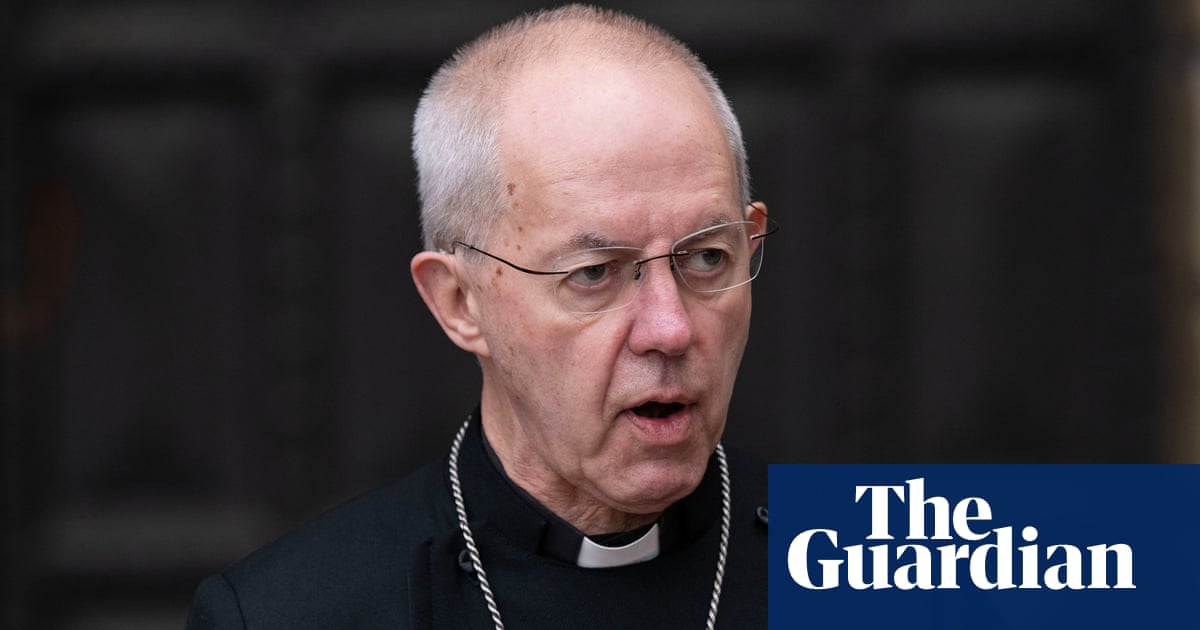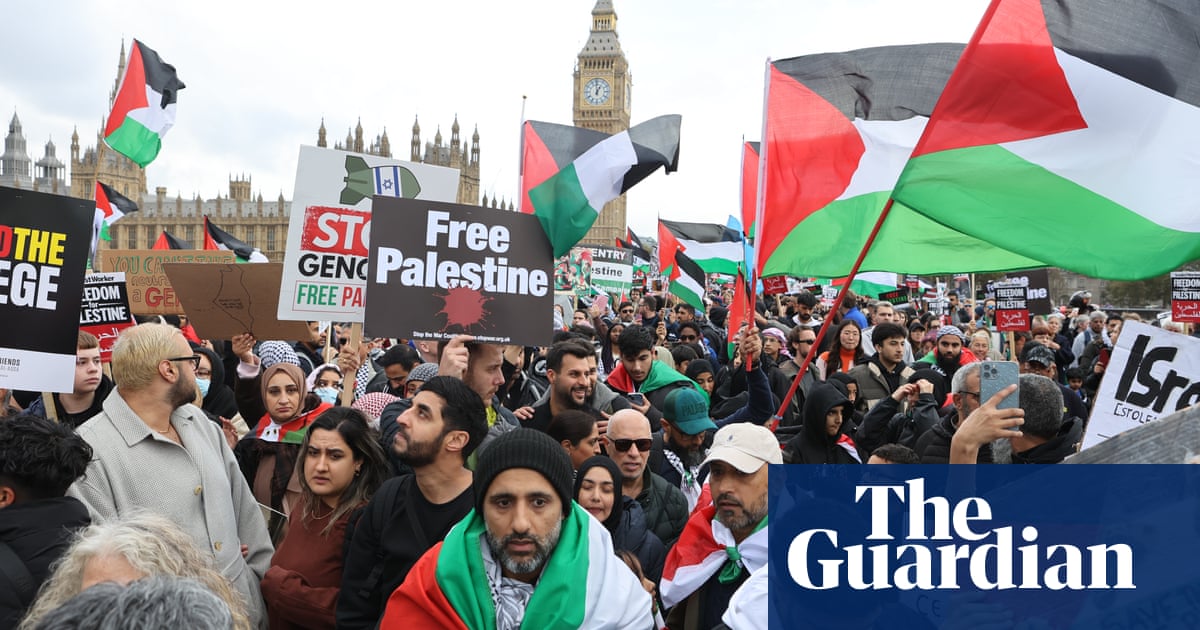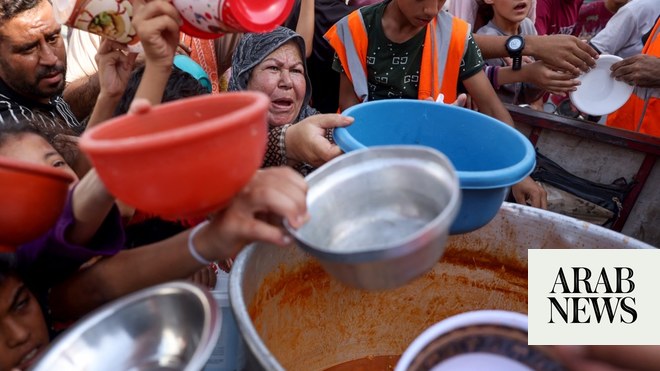
The archbishop of Canterbury has called for a ceasefire in the war between Israel and Hamas, saying the scale of civilian deaths and humanitarian catastrophe in Gaza could not be “morally justified”.
“The killing must stop,” Justin Welby said, adding that the call for a ceasefire was a “moral cry”.
In his opening address to the Church of England synod, meeting in London, Welby said: “As a religious leader I can say that the killing of so many civilians, the extensive damage to civilian infrastructure cannot be morally justified.
“I do not have military or political answers to this crisis. I do not speak from those perspectives. But the call for a ceasefire is a moral cry that we are hearing from people of many faiths and none.
“Our common humanity must find another way to achieve justice, security and peaceful coexistence for Israelis and Palestinians from now, for the future,” he added. “In Christ’s name, we cry out from our hearts: ‘No more. The killing must stop.’”
Welby also called for Israeli hostages being held by Hamas to be released, and said aid must be allowed to reach people in Gaza. His speech developed a tougher line he signalled in a post on X, formerly known as Twitter, at the weekend, when he said the “relentless bombardment of hospitals and civilians in Gaza … must stop, and stop now”.
Welby’s intervention came as British Palestinians with relatives in Gaza demanded a meeting with the prime minister to press for the UK government to back a ceasefire, saying its position is “putting our loved ones in danger”.
A letter sent on Monday to Rishi Sunak on behalf of members of the Palestinian community in the UK said their “voices as British citizens with friends and family under attack in Gaza” had been ignored.
Six people spoke about losing members of their families in Israeli airstrikes on the Gaza Strip at a press conference in central London. They all appealed to the government to back calls for a ceasefire.
Omar Mofeed, an accountant who has lived in London since 2013, has lost more than 40 relatives. His brother, the only plastic and reconstruction surgeon in Gaza, who trained and worked at St Thomas’ hospital in London until February, was trapped in al-Shifa hospital, which is surrounded by Israeli troops. There was no power, water or food, and there was no way of burying dead bodies, he said.
He read the names of his relatives who had been killed, saying: “These people are not just numbers”.
Wafa Shamalakh, a medical interpreter and nutritionist, said she had experienced “unimaginable misery” as 30 members of her family, including seven children, had been killed. Her “beloved, vibrant family was wiped out in a matter of seconds”.
She added: “We will not be silenced. We will keep fighting and speaking for all the innocent people murdered by the Israeli occupation. We are the voices of the voiceless. I will not let my family or anyone die in vain.”
Ehab al-Sharief, an engineer in a technology company, said Gaza was seen as a place of bombing and death, but “my Gaza” was one of beaches, children’s voices and people who were generous and resilient: a “Gaza of hope”.
His cousin had been killed while queueing for bread two weeks ago. The “first thing we do every morning, and the last thing every evening, is to check your mobile” to see if family members were still alive, he said.
The UK Palestinian community was in a “state of deep shock and mourning following the terrible events” since 7 October , said the letter signed by Tayab Ali, the director of the International Centre of Justice for Palestinians, on behalf of the British Palestinian families. “All of us are grieving for our lost family members and friends who are victims in the ongoing Israeli operation in Gaza. Our loved ones are still in grave danger.”
The letter said they had engaged in “all possible democratic tools to ask the UK government to call for an immediate ceasefire, which has been repeatedly refused. Instead, the government has called for ‘humanitarian pauses’, which are inadequate in protecting our family and loved ones in Gaza.
The UK government should “urgently exert its influence to secure a ceasefire in Gaza”, the letter said. The relatives also demanded their families in Gaza be permitted to “immediately apply for the UK resettlement scheme”.
They added: “As British Palestinians with families in Gaza we request an urgent meeting with you to express our concerns, similar to the meetings you have had with other British communities who have families in the region who have experienced distress similar to ours as a result of the conflict between the Israeli government and Hamas.”












